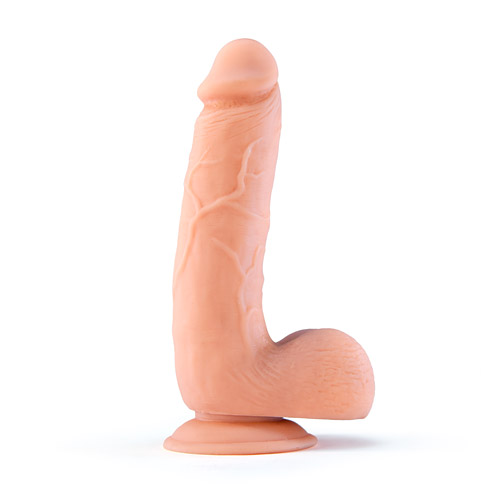I've been having a bit of trouble with the "is silicone porous" thing.
Here's a quote from Kaos Software's FAQ :
"Silicone is not considered microporous - at least, not nearly to the extent of other implant materials like gore-sam. It can retain minute amounts of pretty much any fluid it is exposed to for a long period. Now, this isn't an issue with brief exposures or with soap from washing, and the level at which it absorbs these things is far too small for it to be absorbing microorganisms or anything like that. It happens more at the molecular level (diffusion) from what we understand. You can observe it in larger pieces of transparent silicone after autoclaving - which, through the pressure it uses, forces the silicone to take on water, which can be observed as cloudiness in the silicone. This cloudiness gradually dissipates inward from the outer surface over a period of a couple hours. The main concern of this slight porosity (similar to organics such as wood, bone, stone, horn, etc) is for people to absolutely avoid putting this stuff in a chemiclave or soaking in chemicals, as you will simply be making yourself a piece of toxic jewelry (which is why you don't put organics in a chemiclave, either)."
They use implant grade silicone, by the way.
And here's another one :
"Silicone may be “non-porous” but it can soak up outside chemicals on a molecular level, so exposure to anything toxic such as disinfectant soaks (biocompatible surgical scrubs can be an exception) and chemiclaving should be absolutely avoided. Exposure to toxic chemicals will result in a toxic implant."
LINK
I've kept reading, and I've heard MGS described as unable to support the growth of microbes via Wikipedia.
One thing that worries me is that "silicone" is not just on thing. For instance, the difference between medical and implant grade. I do wonder if the cheaper silicone toys are "skimping" a little. You could still use the label "silicone" and have a much lower-quality product, possibly even a product that is not food-grade (do these things get tested or go through approval ?).
I'm starting to think that "non-porous" means "in comparison with other things".
Now, I'm not freaking out. If it's food-grade, chances are with cleaning it's safe for sexual use, anyway. All good there.
I just love science and I'm curious as to what's actually going on here, and it would be important to note not to soak a toy in cleaning chemicals if it is indeed true here that diffusion can occur.
Here's a quote from Kaos Software's FAQ :
"Silicone is not considered microporous - at least, not nearly to the extent of other implant materials like gore-sam. It can retain minute amounts of pretty much any fluid it is exposed to for a long period. Now, this isn't an issue with brief exposures or with soap from washing, and the level at which it absorbs these things is far too small for it to be absorbing microorganisms or anything like that. It happens more at the molecular level (diffusion) from what we understand. You can observe it in larger pieces of transparent silicone after autoclaving - which, through the pressure it uses, forces the silicone to take on water, which can be observed as cloudiness in the silicone. This cloudiness gradually dissipates inward from the outer surface over a period of a couple hours. The main concern of this slight porosity (similar to organics such as wood, bone, stone, horn, etc) is for people to absolutely avoid putting this stuff in a chemiclave or soaking in chemicals, as you will simply be making yourself a piece of toxic jewelry (which is why you don't put organics in a chemiclave, either)."
They use implant grade silicone, by the way.
And here's another one :
"Silicone may be “non-porous” but it can soak up outside chemicals on a molecular level, so exposure to anything toxic such as disinfectant soaks (biocompatible surgical scrubs can be an exception) and chemiclaving should be absolutely avoided. Exposure to toxic chemicals will result in a toxic implant."
LINK
I've kept reading, and I've heard MGS described as unable to support the growth of microbes via Wikipedia.
One thing that worries me is that "silicone" is not just on thing. For instance, the difference between medical and implant grade. I do wonder if the cheaper silicone toys are "skimping" a little. You could still use the label "silicone" and have a much lower-quality product, possibly even a product that is not food-grade (do these things get tested or go through approval ?).
I'm starting to think that "non-porous" means "in comparison with other things".
Now, I'm not freaking out. If it's food-grade, chances are with cleaning it's safe for sexual use, anyway. All good there.
I just love science and I'm curious as to what's actually going on here, and it would be important to note not to soak a toy in cleaning chemicals if it is indeed true here that diffusion can occur.










